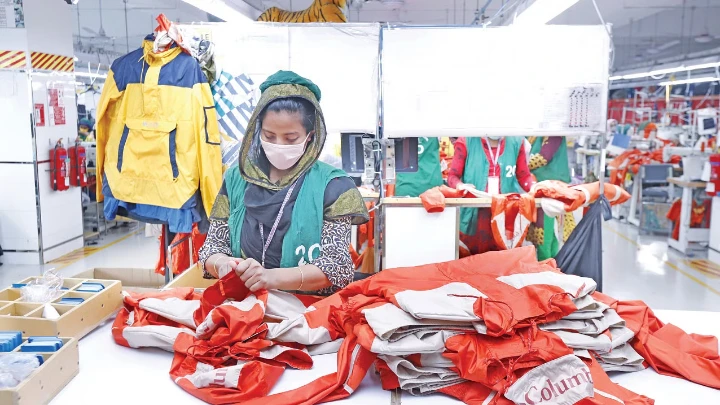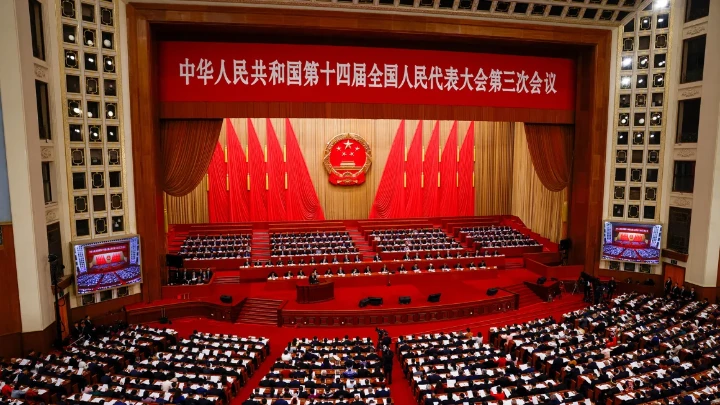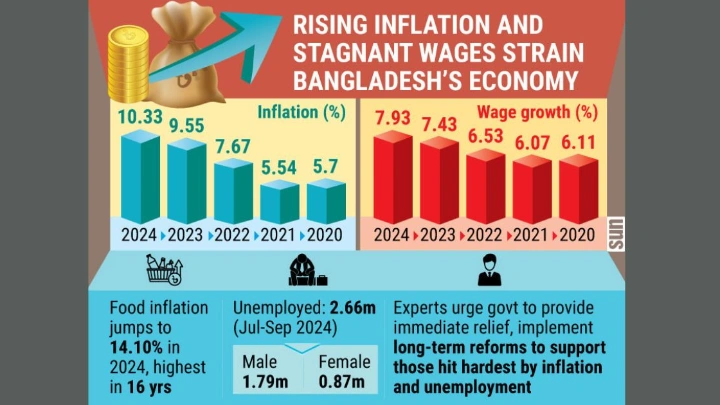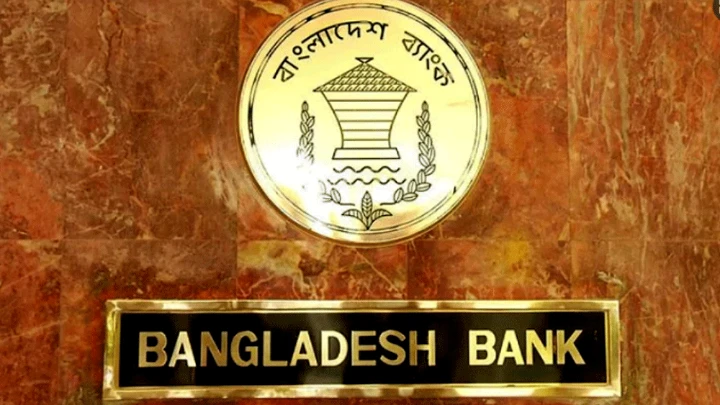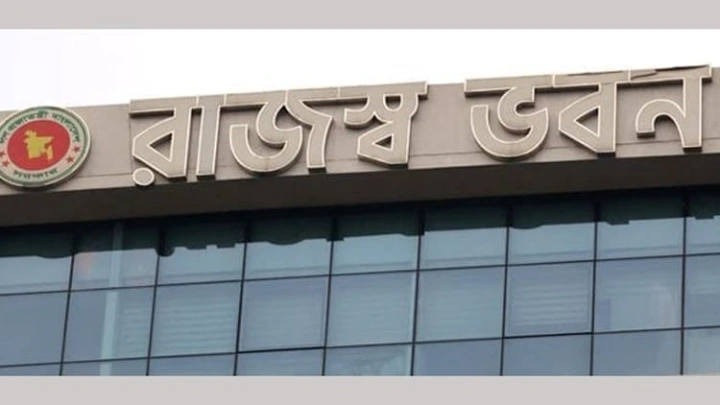Imports of synthetic fibers increase dramatically as demand rises.
DailyStar || Shining BD
Due to increased demand from regional garment makers and exporters, imports of Man Made Fiber (MMF) like viscose staple fiber (VSF) and polyester staple fiber (PSF) are soaring in Bangladesh.
Local spinners spent about Tk 1,243 crore to import 1.10 lakh tonnes of PSF in 2022. A total of 1.34 lakh tonnes of PSF were imported the previous year for about Tk 1,280 crore.
According to data from the Bangladesh Textile Mills Association (BTMA), Bangladesh imported 30,653 tonnes of PSF worth roughly Tk 330 crore between January and April of this year.
The data also reveals that the nation imported 92,898 tonnes of VSF last year, up from 73,230 tonnes for Tk 1,265 crore in 2021.
A total of 48,431 tonnes of VSF worth Tk 931 crore were imported in the first four months of 2023.
According to the BTMA, MMF imports have increased as local textile manufacturers produce more non-cotton clothing in an effort to secure better prices and gain a larger share of the global market for this niche.
In addition, MMF costs less than cotton, according to Monsoor Ahmed, a director at the BTMA, a forum for the primary textile industry.
As the global supply chain has recovered from the Covid-19 pandemic, demand for clothing has significantly increased. As a result, cotton prices have increased globally.
Local manufacturers began increasing their MMF imports as a result, he claimed, adding that garments made of MMF sell for more money than those made of cotton.
Ahmed added that the increase in demand from nearby garment suppliers has led to a surge in investment in the MMF sector over the previous three or four years.
For instance, five years ago there was no investment in the MMF sector, but it is now close to $2.5 billion.
Six MMF-specific textile mills are currently in operation, and others are in the process of starting up.
The production of yarn and fabrics based on MMF in Bangladesh has significantly increased over the past two years, according to Faruque Hassan, president of the Bangladesh Garment Manufacturers and Exporters Association (BGMEA).
Currently, about 24% of all annual apparel exports are MMF-based garments, but the BGMEA hopes to increase that number to 40% by the end of 2030.
In this difficult period, the industry may be able to recover from the declining trend of shipments by exporting more MMF clothing, according to Hassan.
In addition, he continued, the BGMEA has already requested 10% cash incentives on exports of garments made with MMF.
MMF-based clothing costs more than cotton-based clothing. For instance, if a T-shirt is $5 per piece when made of cotton, it would cost almost $10 if it were made of MMF.
MMF-based clothing is in higher demand globally, making up about 74% of all clothing items sold globally.
In order to gain a larger market share of the roughly $750 billion global market for this segment, local garment exporters are more inclined toward clothing made with MMF.
According to Hassan, local clothing manufacturers have been attempting to export to new markets in an effort to partially offset any negative effects on more established markets like the US and EU.
In light of this, expanding exports of clothing made with MMF, particularly to Asian markets, would be very beneficial.
The changing trends in fashion and lifestyle have increased demand for MMF-based clothing on a global scale.
Shining BD

